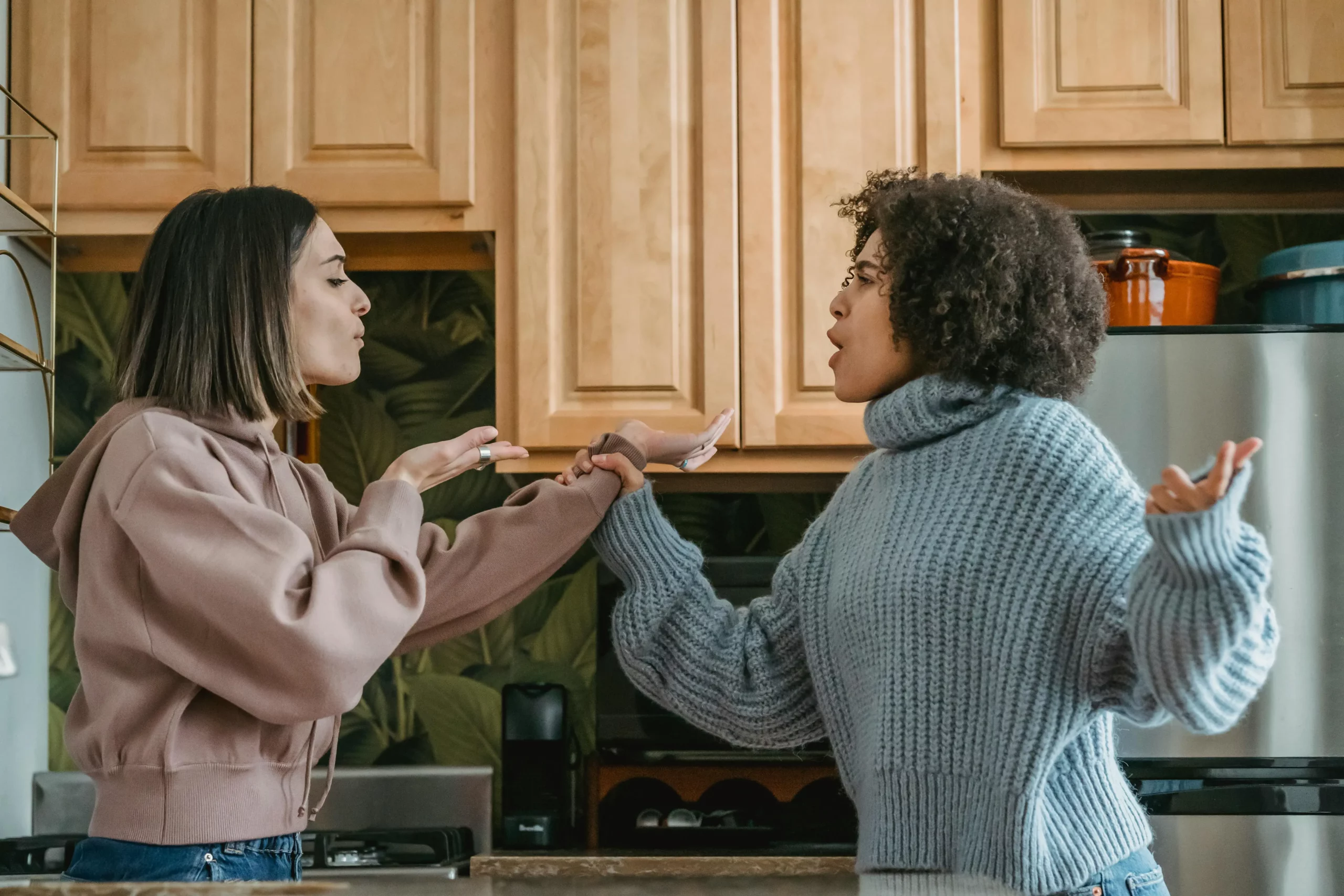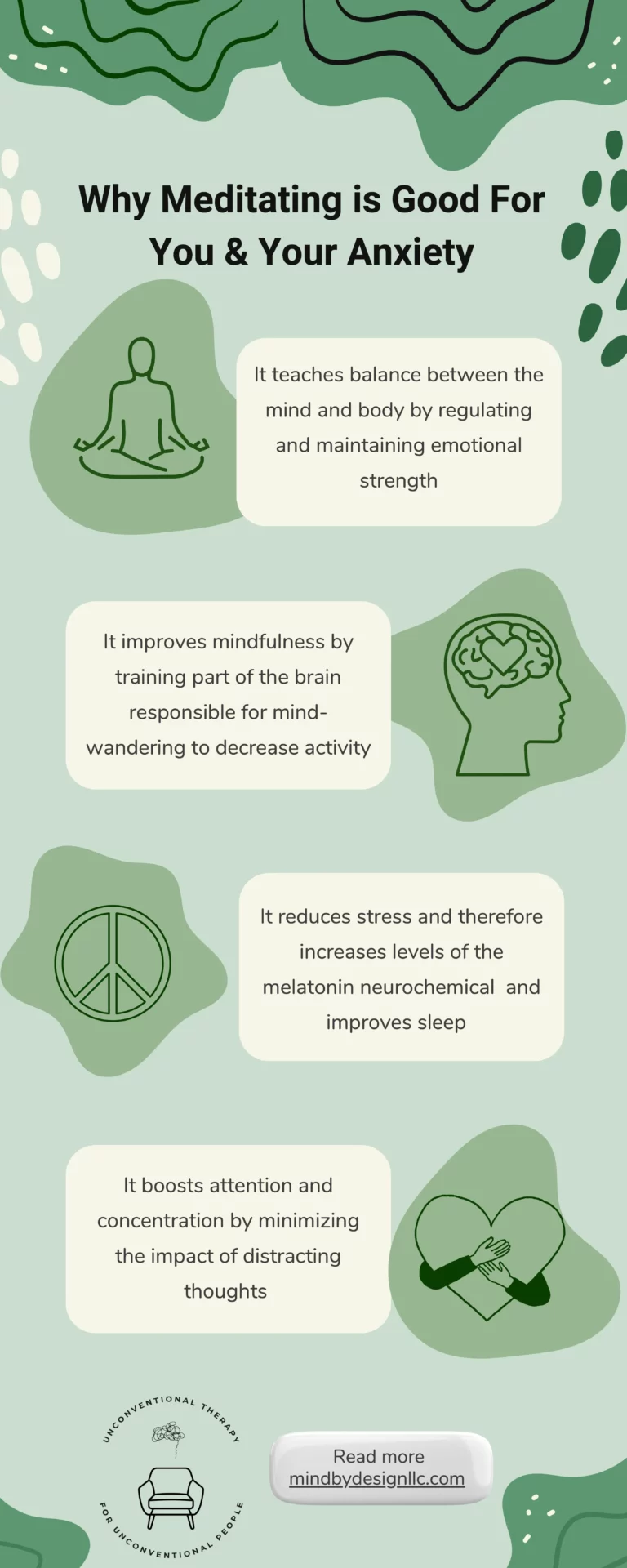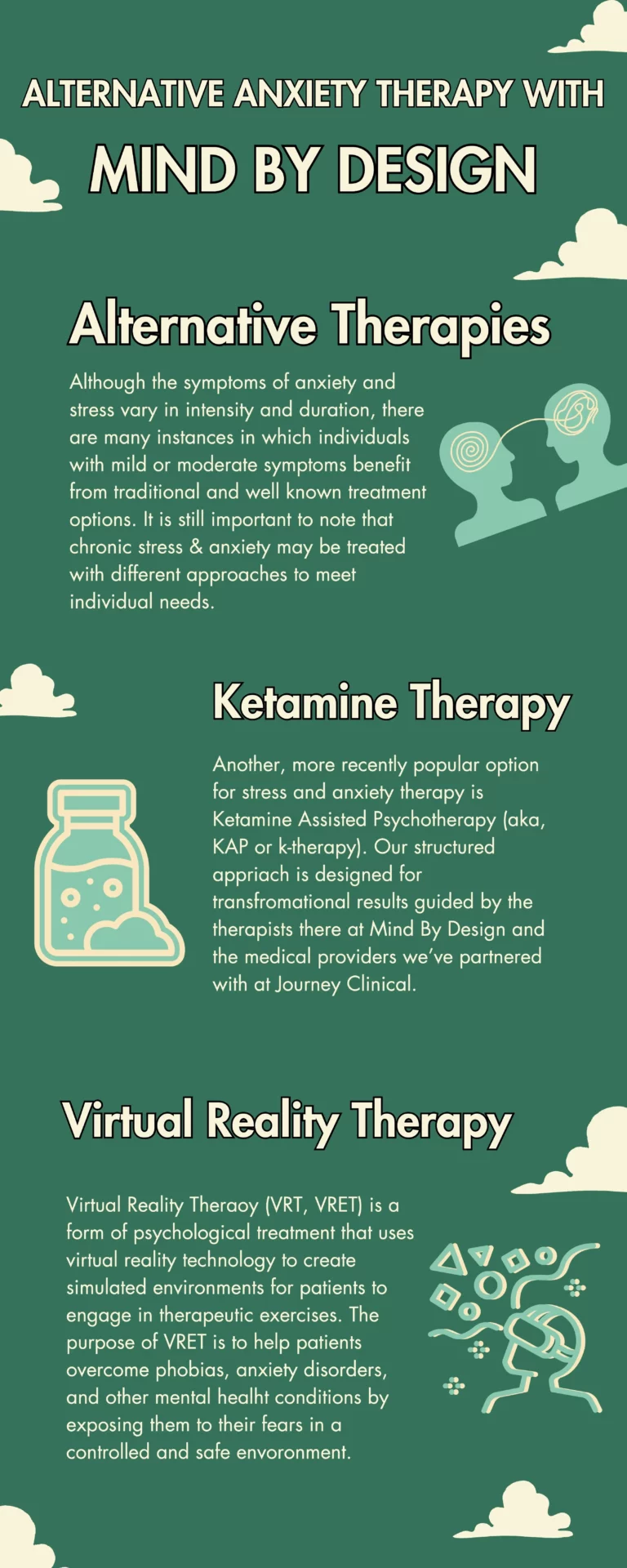High Conflict Couples Guide
to Surviving & Thriving
Every couple will experience up’s and downs, but high conflict couples often find themselves in a relentless cycle of discord. These couples, entangled in a web of emotional turmoil, exhibit patterns that exacerbate their strife. Understanding these patterns is the first step in untangling the knots of their conflicts.

What is Different About High Conflict Couples?
High conflict couples aren’t just those who argue a lot. It’s about how they argue and how these arguments affect their relationship. Often, these conflicts arise from deep-seated issues or misunderstandings. The key is not to avoid conflict but to learn how to handle it healthily.
What Causes Relationship Conflicts?
Conflicts are a normal part of any relationship and often happen because of differences in opinions, beliefs, or expectations. For high conflict couples, these disagreements can quickly escalate into major issues. This is usually because of poor communication, unresolved past conflicts, or even external stressors like work or family pressures.
Common Patterns Within High Conflict Couples
The Cycle of Blame & Defense:
One partner criticizes or blames, leading the other to become defensive often fueling a lack of understanding and empathy.
Poor Communication Skills:
A failure to listen and understand each other’s perspectives often leads to misinterpretations and escalated conflicts.
Heightened Emotional Reactivity:
High conflict couples tend to react impulsively to emotional triggers, leading to intense arguments without resolution.
Low Relationship Vulnerability
There is often a reluctance to express true feelings and needs, leading to a superficial handling of deeper issues.
How High Conflict Couples can Overcome Relationship Conflicts
Developing Self-Awareness:
Individuals must recognize their own role in the conflict cycle. This involves introspection and an understanding of one’s triggers and emotional responses.
Effective Communication Skills:
Couples should learn to express their thoughts and feelings using ‘I’ statements, and actively listen to their partner’s perspective without judgment.
Building Empathy:
Couples need to cultivate empathy by trying to understand the emotional underpinnings of their partner’s actions and words.
Regulating Emotional Responses:
Learning to manage emotional reactions is crucial. Techniques such as deep breathing, taking timeouts, and mindfulness can help in de-escalating conflicts.
Conflict Resolution Strategies for couples
Identifying and practicing healthy conflict resolution techniques can transform destructive arguments into constructive discussions.
Re-establishing Relationship Trust:
Trust is foundational in any relationship. Rebuilding trust involves consistent, reliable, and respectful behavior over time.
When High Conflict Couples Should Seek Professional Help
Engaging in couples counseling can provide a structured environment for addressing and resolving conflicts under the guidance of a trained professional. Couples counseling can be a game-changer for high conflict couples. It’s a space where both partners can safely express their feelings and thoughts. High conflict couples often have underlying issues such as past traumas, insecurities, or unmet emotional needs. Addressing these root causes is essential for lasting change.
Conclusion
The journey for high conflict couples towards a harmonious relationship is challenging yet achievable. It requires dedication, self-awareness, and a willingness to change. By understanding their patterns and actively working on them, couples can gradually shift from conflict to a deeper, more understanding relationship.
FAQ's About Therapy in New Jersey
How do I get started as a new client?
New Clients can reach out to us directly via call, text or email here:
What is your cancellation policy?
We ask that clients provide at least 24 hours notice in the event that they need to cancel to avoid the 50% cancellation fee. we understand that life happens and do our best to be flexible & reschedule.
Does my insurance cover my visits?
We provide”Courtesy Billing” for clients who are using the Out-of-network insurance benefits.
Our Insurance Page shares a small blurb about Why We Left Insurance Panels
Do you offer traditional talk therapy?
of course! though we have some unconventional therapy approaches, we are rooted in evidenced based practices. Talk therapy is a major player in the therapy room! See What we Treat and Integrative Services for more information
Is Online Therapy As Effective As In-Person Therapy?
Online therapy is essentially face-to-face counseling, just conducted remotely. Studies show that teletherapy is as effective as traditional counseling. Professional organizations and state governments recognize its benefits and have set regulations for it. However, like any therapy, its success in achieving your goals isn’t guaranteed. It’s important to discuss with your therapist whether teletherapy is working for you.
Can I Change Therapists If I'm Not Happy?
Yes, you can switch therapists to another provider within the practice, or we can provide you a referral if preferred. We want to ensure that your time and effort are well spent, and that you are getting the relief you need, that’s why we work collaboratively with each other in the practice, as well as outside therapists who we know and trust.
How Do I Know If Therapy Is Helping?
You should feel like you’re making progress. Signs it’s working include:
Feeling comfortable talking to your therapist
Your therapist respects boundaries
You’re moving towards your goals
You feel listened to
You’re doing better in life
Your self-esteem is getting better
Is Online Therapy Easy to Use for Non-Tech-Savvy People?
Yes, it’s pretty simple to access sessions. You’ll need basic internet skills, such as opening and visiting the patient link sent to you via email. It’s similar to video chatting like Facetime or Zoom. We can also walk you through it on the phone the first time to ensure a strong connection
What Questions Should I Ask My New Therapist?
Feel free to ask anything. Some good questions are:
- How often will we meet?
- What do you specialize in?
- What experience do you have with my issue?
- What outcomes can I expect?
- How will I know I’m progressing?
- How long do you usually work with clients?
- How will we set my treatment goals?
How Should I Prepare for My First Session?
Showing up is all that you need to do! But if you really want to get the most out of session, it could help to take some time to think about what you want from therapy. It helps to write down your goals, questions you have or things that you feel are important to share.
What is the difference between associate therapists & fully licensed therapists?
Our Qualifications:
Our founder, Rebecca Sidoti, is a highly qualified, state-licensed therapist and supervisor with extensive training in anxiety related disorders and innovative treatment such as Ketamine Therapy. Mind by Design Counseling adheres to standards set by the our governing counseling boards.
To see each providers credentials, training and licenses, visit our “Meet the Therapists” Page to learn more.
- LAC/LSW are therapists who may practice clinical work under the supervision of a fully licensed therapist.
- LPC/LCSW are therapists who have completed the necessary clinical hours post-graduation under supervision and can practice clinical work independently.
What Geographic Areas Are Served?
Currently, we serve clients in New Jersey and are expanding to other states as telehealth laws evolve. While telehealth offers the convenience of attending sessions from anywhere, state laws require clients to be in-state during their session.
Is Virtual Counseling Suitable for Everyone?
Online therapy might not be as effective for individuals with chronic suicidal thoughts, severe trauma, significant mental health history, or those recently in intensive care. Such cases often benefit more from traditional, in-person counseling. We’ll help you decide if our online services are right for you during your intake and evaluation.
What Equipment is Needed for Online Therapy?
To join a session, log in using the credentials we provide. No downloads are needed. Our platform, compatible with both individual and group sessions, requires:
A computer or mobile device with a webcam and internet access.
We’ll help you test your setup before your first appointment to ensure a reliable connection. iOS users should use the Safari browser for mobile and tablet sessions.
What Questions Will Therapists Ask Me?
It depends on your goals. Expect questions about your thoughts, feelings, relationships, work, school, and health. They’ll ask to understand your therapy goals.
How Do You Keep Client Information Secure?
Security and Confidentiality of Sessions:
Your privacy is crucial to us. We use TherapyNotes, a HIPAA-compliant platform, ensuring secure and confidential teletherapy sessions. This platform’s security features include encrypted video connections, secure data transfers, and encrypted databases, ensuring your information is safe at all times.
What is VRT used for?
we use VRT to support Exposure Therapy, a long standing traditional therapy modality to treat phobias, anxiety and stress. we send a headset directly to your home so you can access VRT from anywhere.
VRT not only helps with exposure therapy for phobias, but is great for ADHD, mindfulness, PTSD and social anxiety.



